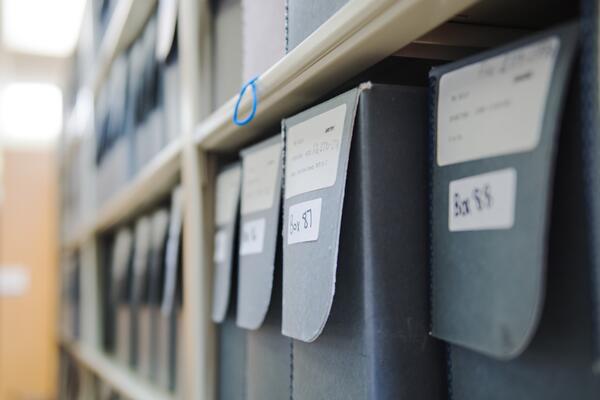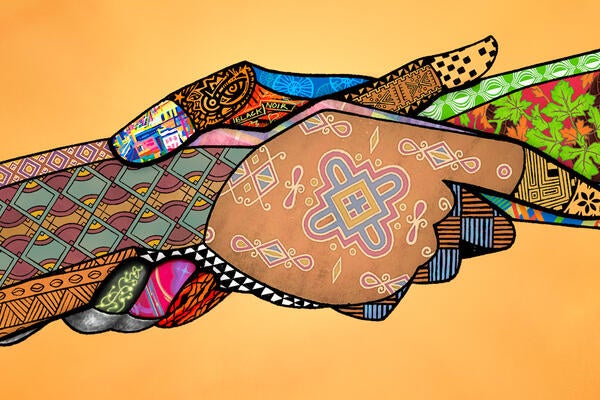
Statement from Dr. Ian Rowlands on earthquakes in Türkiye and Syria
Dr. Ian Rowlands, Associate Vice-President, International offers support to those affected by recent earthquakes

Dr. Ian Rowlands, Associate Vice-President, International offers support to those affected by recent earthquakes
By University RelationsOn behalf of the University of Waterloo community, I would like to express my concern and condolences to the families and communities throughout Türkiye and Syria devastated by Monday's earthquakes.
In particular, my thoughts go out to members of our campus community who have family and friends in the affected areas. Waiting for word from your loved ones when you are so far away is lonely and so difficult.
Students, staff and faculty who are experiencing any distress or difficulty as a result of Monday's earthquakes are encouraged to access the various support services listed below.
With care,
Dr. Ian Rowlands
Associate Vice-President, International
Supports
Counselling Services - 519-888-4567;32655
UW MATES (Mentor Assistance Through Education and Support)
Here 24/7 - 1-844-437-3247
Health Services - Student Medical Clinic - 519-888-4096
Grand River Hospital - 519-749-4300
St. Mary's Hospital - 519-744-3311
Good2Talk - 1-866-925-5454
Crisis Services Canada - 1-833-456-4566 or by text 45645
Homewood Health (Employee and Family Assistance Provider) - 1-800-663-1142

Read more
Upside Robotics secures new funding to accelerate the future of sustainable farming

Read more
Discover the meticulous work that uncovered Black stories on campus and preserved them for the future

Read more
A message from the President and Vice-Chancellor
The University of Waterloo acknowledges that much of our work takes place on the traditional territory of the Neutral, Anishinaabeg, and Haudenosaunee peoples. Our main campus is situated on the Haldimand Tract, the land granted to the Six Nations that includes six miles on each side of the Grand River. Our active work toward reconciliation takes place across our campuses through research, learning, teaching, and community building, and is co-ordinated within the Office of Indigenous Relations.